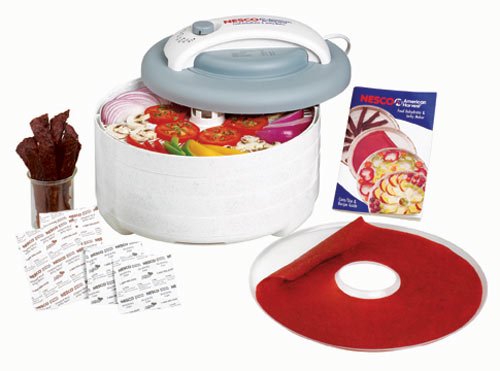Are they molting? My girls lose their appetites during the worst part of the molt. As they finish the molt, their appetite returns and they are little piggies once again.
Check the feed too. Sometimes, as I get to the bottom of a bag of feed (takes about 4-6 weeks for 3 chickens, depending on the time of year), the feed consistency is like powder and the girls don't like to eat it. Once I switch to a new bag of crumbles they can't get enough.
Check the feed too. Sometimes, as I get to the bottom of a bag of feed (takes about 4-6 weeks for 3 chickens, depending on the time of year), the feed consistency is like powder and the girls don't like to eat it. Once I switch to a new bag of crumbles they can't get enough.




